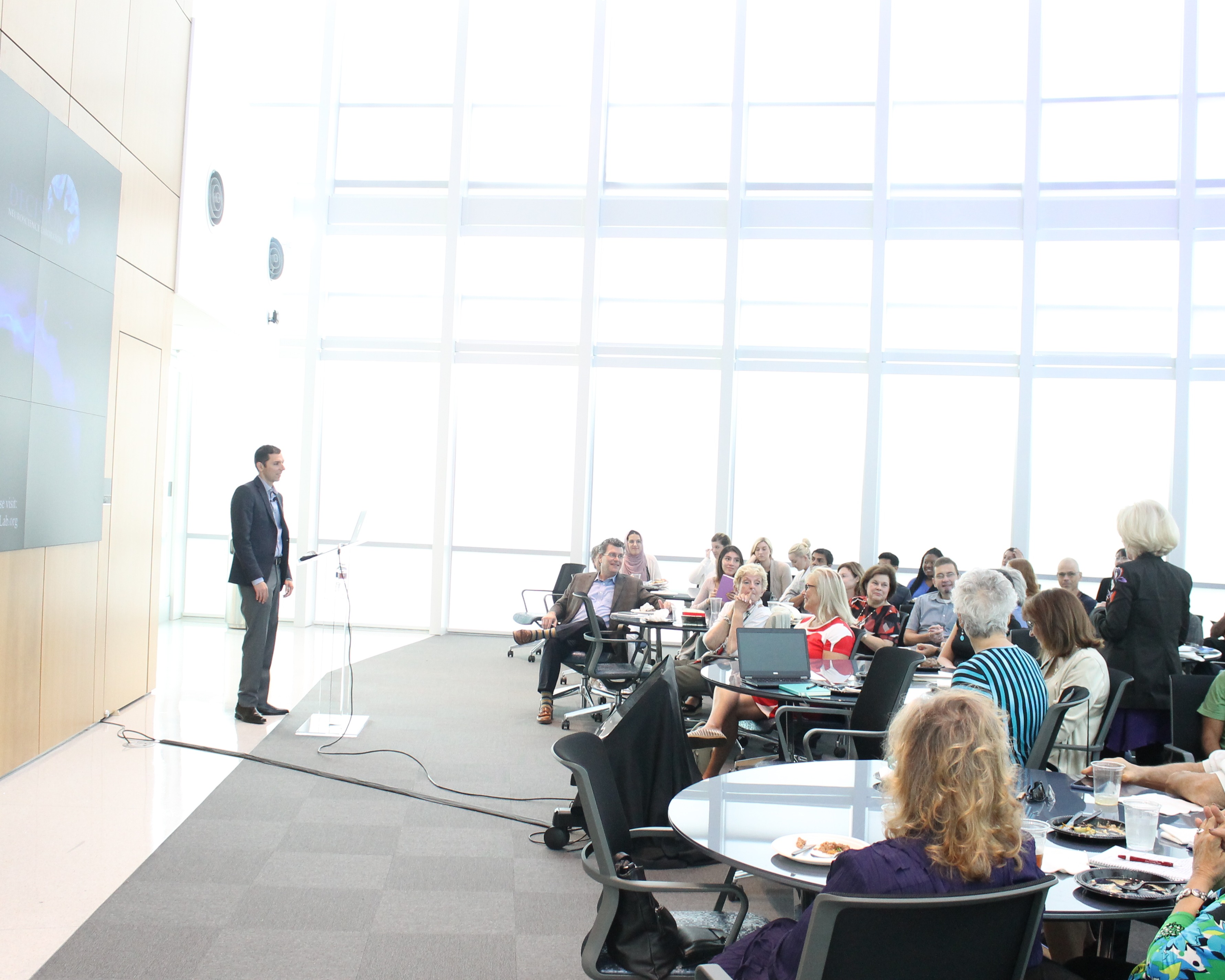Dr. Patrick A. Stewart (A.A. St. Petersburg J.C. 1987; B.A. University of Central Florida, 1988; M.A. University of Central Florida, 1991; Ph.D. Northern Illinois University, 1998) currently teaches graduate and undergraduate classes at the University of Arkansas, Fayetteville, where he is a Professor and Director of Online Education in the Department of Political Science.
He has published five books, including The Audience Decides: Applause-Cheering, Laughter, and Booing During Debates in the Trump era. (Lexington Press, 2023) and is co-creator of the online educational game “Citizenship Quest.” He has authored or co-authored over 75 refereed articles and book chapters, with research concerning emotion and nonverbal communication published in the journals PLoS-ONE, Political Psychology, Motivation and Emotion, Journal of the Association for Information Systems, PS - Political Science & Politics, Computers in Human Behavior, and Politics and the Life Sciences. His work on nonverbal communication by political leaders has been published in The New York Times, The Washington Post and The Conversation and been reported on by such popular outlets as Forbes, U.S. News and World Report, Wired, Vocativ, Vox, The National Review, The Huffington Post, amongst others.
He is a certified Facial Action Coding System (FACS) coder whose current research concentrates on the emotional response of followers to leader nonverbal behavior and on the policy and ethical implications of using AI Biometrics.

